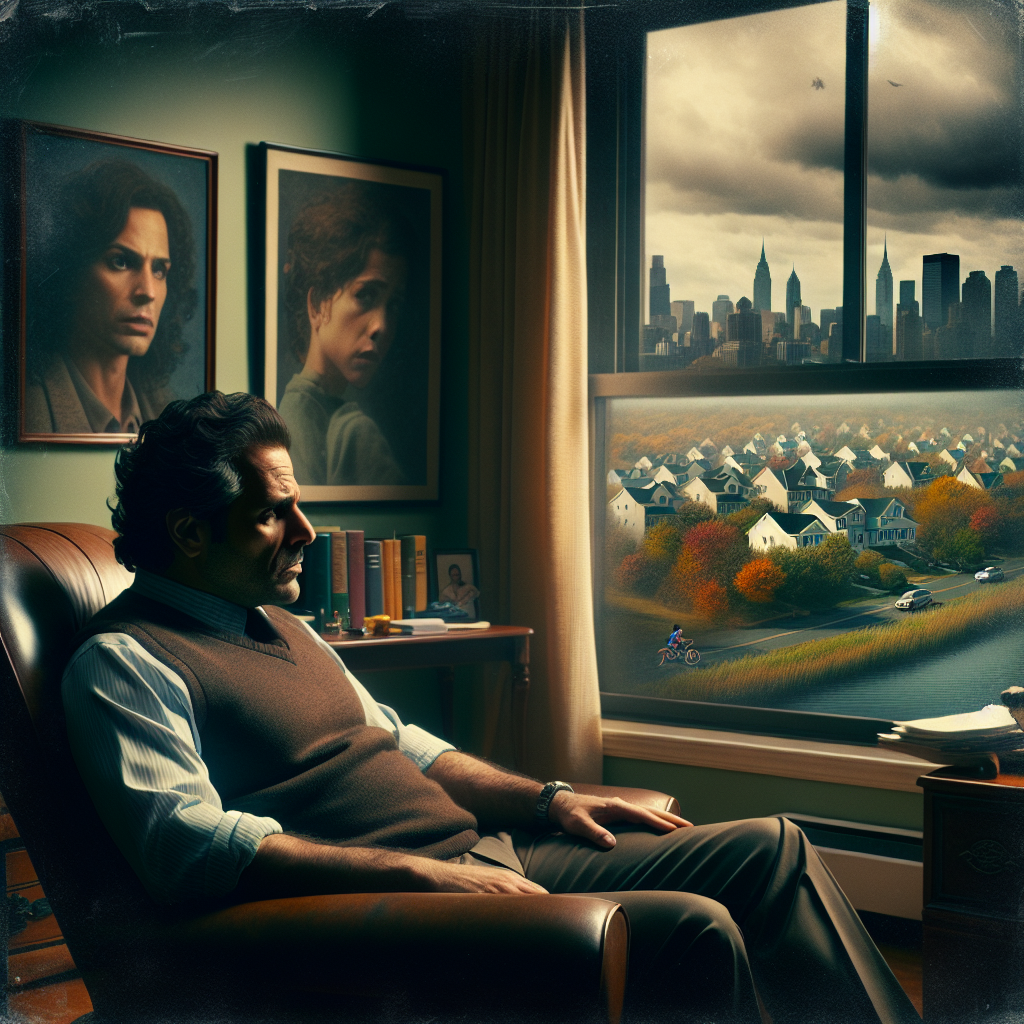The Sopranos is widely regarded as one of the most influential television series in history. Premiering on HBO in 1999, the show redefined the crime drama genre and set a new standard for storytelling and character development in television. The series follows the life of mob boss Tony Soprano, portrayed by the late James Gandolfini, as he navigates the challenges of crime, family, and therapy. In this exploration, we will delve into the elements that made The Sopranos so remarkable and how it has shaped the landscape of modern television.One of the standout features of The Sopranos is its complex characters. Unlike traditional mobster films where characters are often flat and one-dimensional, The Sopranos presents its characters in nuanced and relatable ways. Tony Soprano is not just a criminal; he is a father, a son, and a patient struggling with anxiety and depression. This depth of character allows viewers to empathize with him, even when he is making morally questionable decisions.Furthermore, the show’s use of therapy as a narrative device was groundbreaking. Tony’s sessions with his psychiatrist, Dr. Melfi, provide insight into his psyche and motivations, portraying a modern perspective on mental health that was rarely seen in television before. These therapy scenes offer a counterbalance to the violent and often chaotic life of organized crime, showcasing the internal struggle of a man who feels trapped between two worlds.The writing and direction of The Sopranos are also masterful. The series was created by David Chase, whose vision for the show prioritized authenticity and realism. The dialogue is sharp and often laced with dark humor, which adds layers to the narrative. Episodes often strayed from the conventional story arcs, allowing for more character-driven plots that can leave audiences reflecting long after the credits roll.Additionally, the cinematography of The Sopranos deserves mention. The series features striking imagery that enhances its storytelling. The juxtaposition of the beautiful New Jersey suburbs with the violent life of the mobsters reflects the duality inherent in Tony Soprano’s life. These visual elements, combined with a carefully curated soundtrack, create a rich atmosphere that draws viewers in, making The Sopranos a feast for both the eyes and ears.The cultural impact of The Sopranos cannot be understated. It helped pave the way for other quality television series in the early 2000s, such as “Mad Men,” “Breaking Bad,” and “The Wire.” These shows followed in the footsteps of The Sopranos by exploring complex characters and moral ambiguity, moving away from the simplistic narratives of previous decades.Moreover, the series has left a significant imprint on pop culture. It has inspired countless parodies, references in other media, and even a resurgence of interest in psychology and therapy. Quotes from The Sopranos have become ingrained in the collective consciousness, attesting to its enduring legacy.In conclusion, The Sopranos is more than just a tale about organized crime; it is a meticulous exploration of human nature, family dynamics, and the complexities of life. Its groundbreaking approaches to character development, storytelling, and thematic depth have made it a timeless classic that continues to influence television and resonate with audiences today. As we reflect on the myriad ways in which The Sopranos has impacted the media landscape, it is clear that this series will remain a significant point of reference for years to come.Stay tuned for the next segment, where we will dive deeper into the themes presented throughout the series and how they resonate with contemporary issues.
























